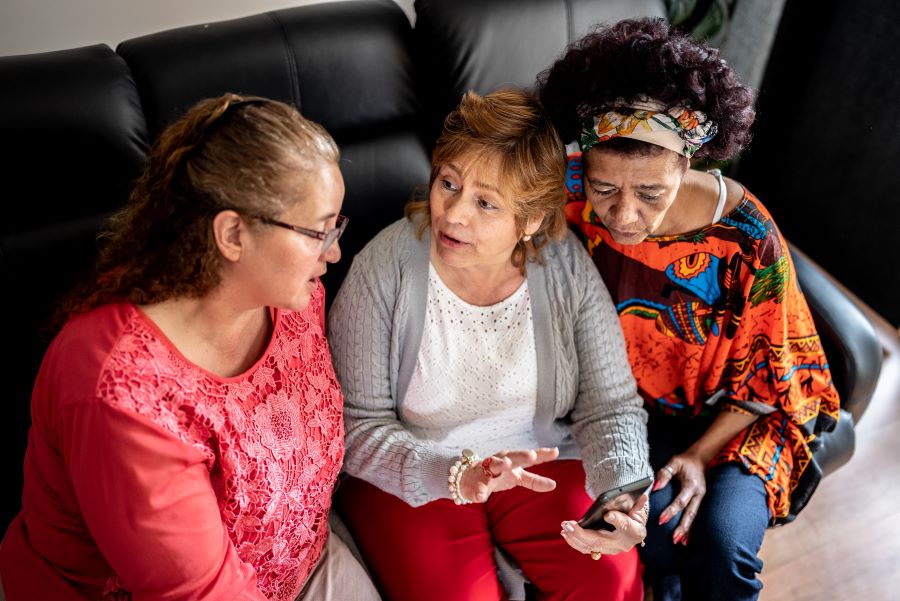Michigan CEAL Regional Team looks at trusted sources of information among Black and Latinx people
Literature suggests that people traditionally experiencing health disparities and those who lack access to health care may have less access to accurate information and less trust in the health care system. As a result, these individuals might rely on less trustworthy sources of information. Researchers from the Michigan CEAL Regional Team published an article in the Journal of Communication in Healthcare looking at trusted sources of COVID-19 health information among Black and Latinx communities.
The team interviewed with Black and Latinx people from four Michigan counties significantly affected by COVID-19. Researchers asked residents what sources of health information they trust, what makes that information trustworthy, what sources have offered inaccurate information, and what concerns they have about inaccurate information.
"Building skills in evaluating the quality of information should be pursued by people in the practice community to help individuals be more self-reliant and empowered to synthesize information coming from multiple sources." Journal of Communication in Healthcare, November 2023
Findings from this study suggest that public health communications geared towards Black and Latinx communities should come from various sources, including friends and relatives, health care providers, and health departments. Messages should focus on cultural capability and should include facts and a focus on making a personal connection.
For more synopses of CEAL research, please subscribe to the CEAL Research Roundup.

Last updated: February 20, 2025